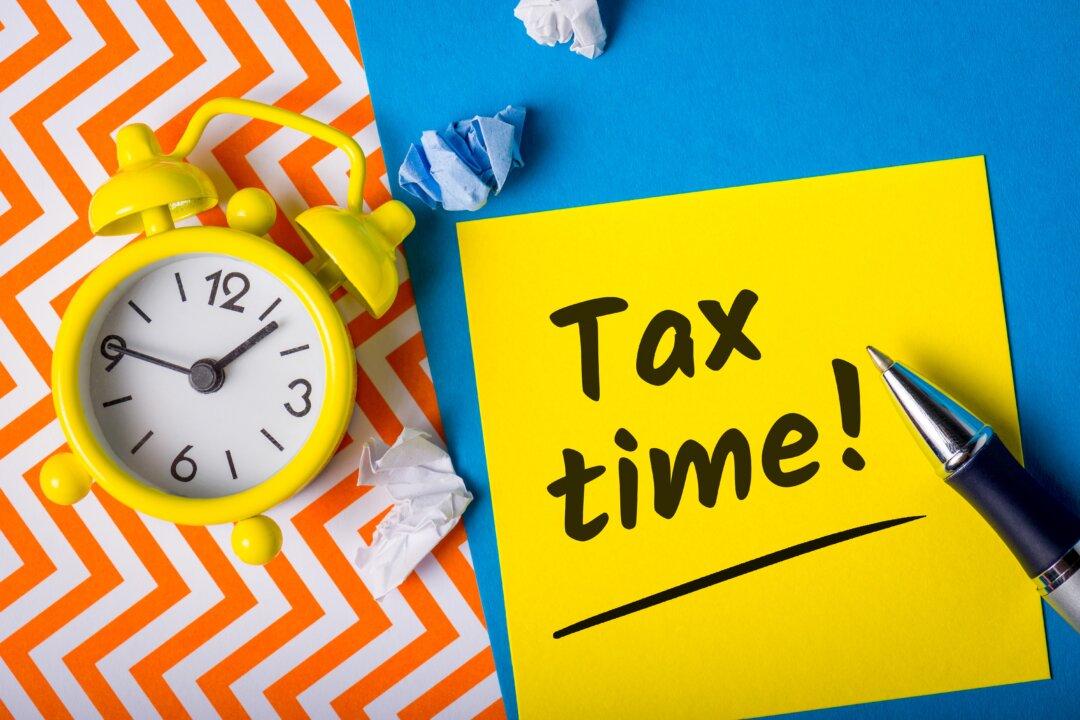NEW YORK—It’s tax season in the United States, and for many people, filing tax returns can be a daunting task that’s often left until the last minute. But if you want to avoid the stress of the looming deadline, start getting organized as soon as possible.
Whether you do your taxes yourself, go to a tax clinic or hire a professional, navigating the tax system can be complicated and stressful. Courtney Alev, a consumer financial advocate for Credit Karma, recommends you go easy on yourself.






